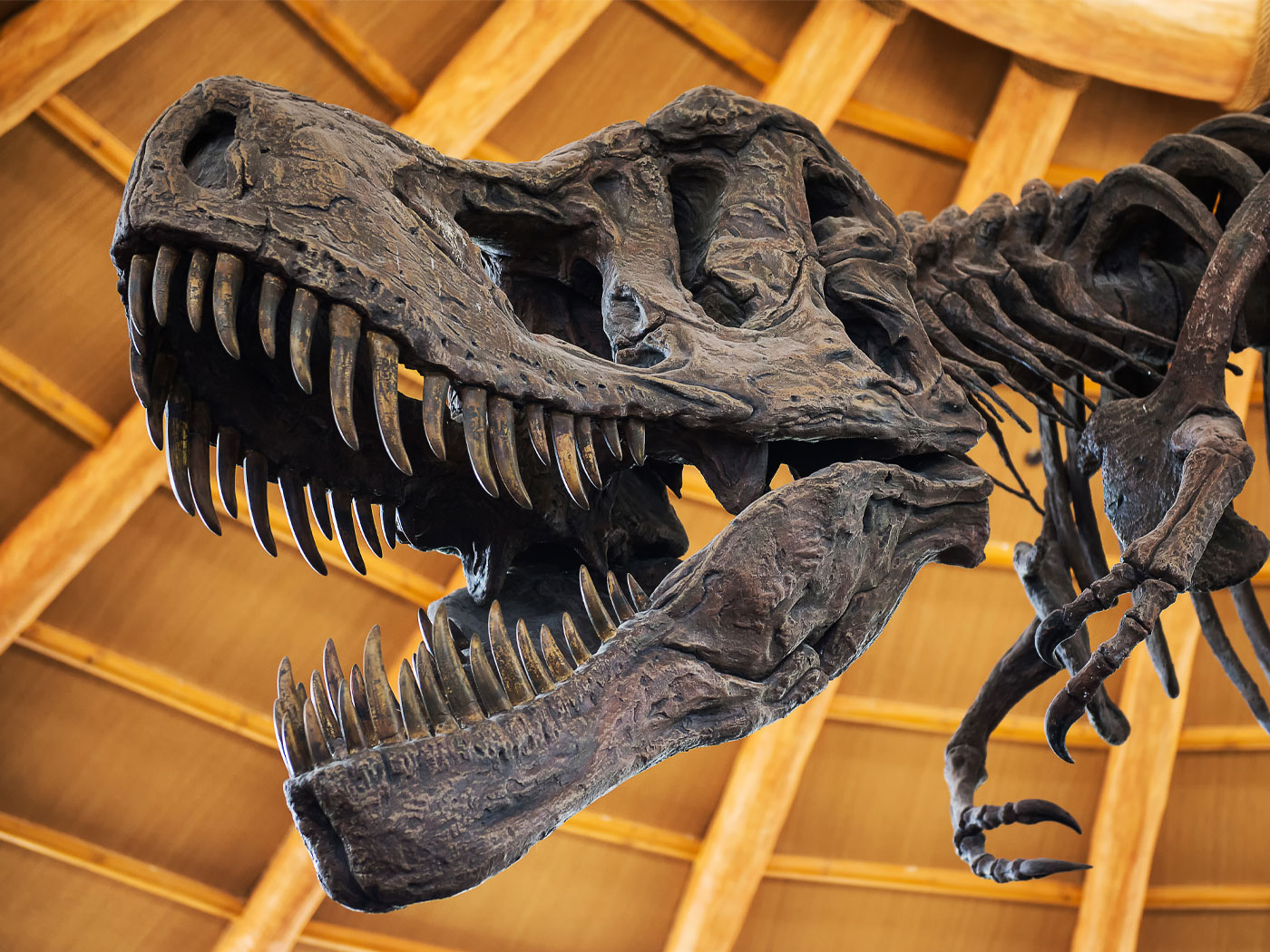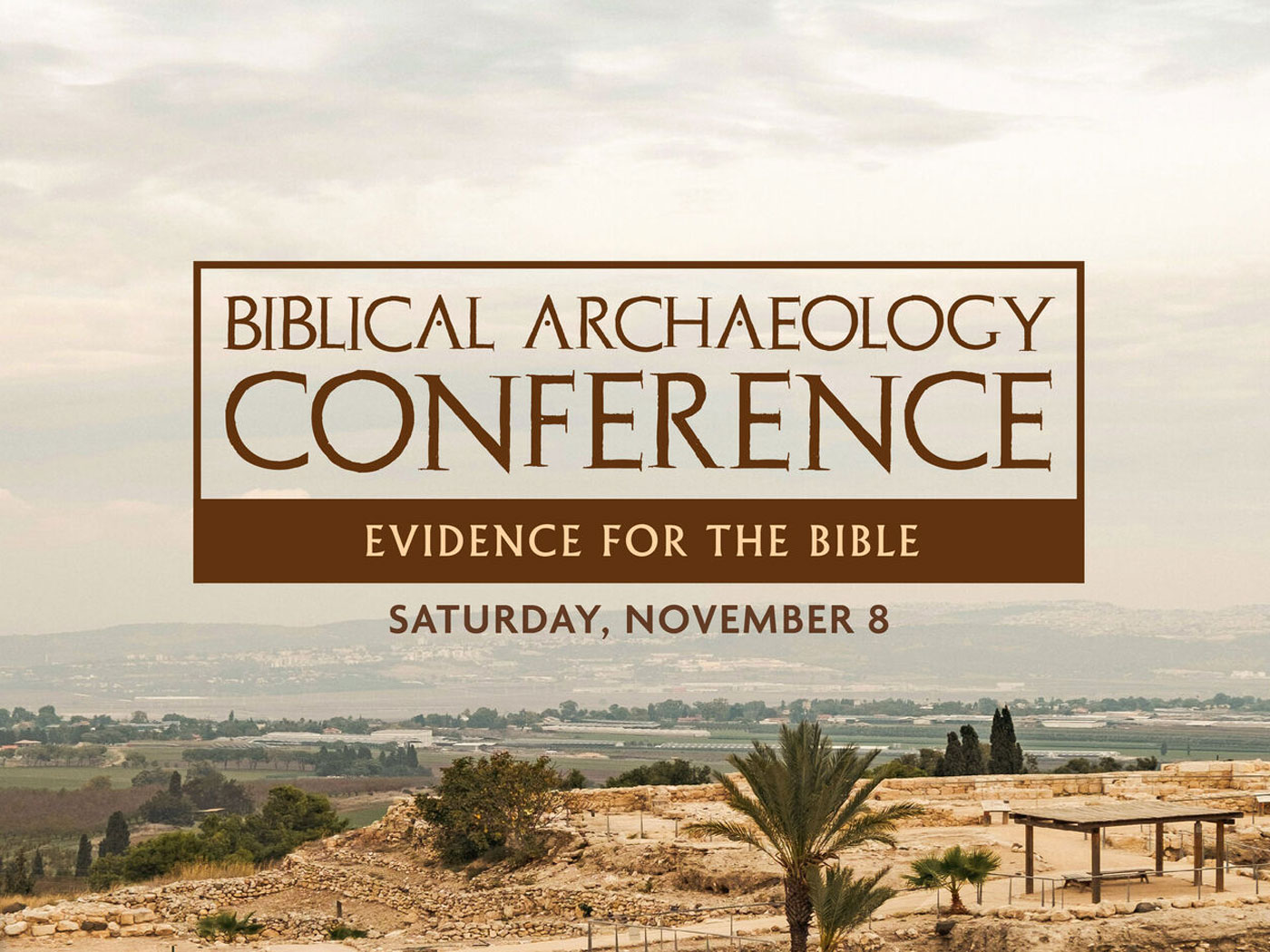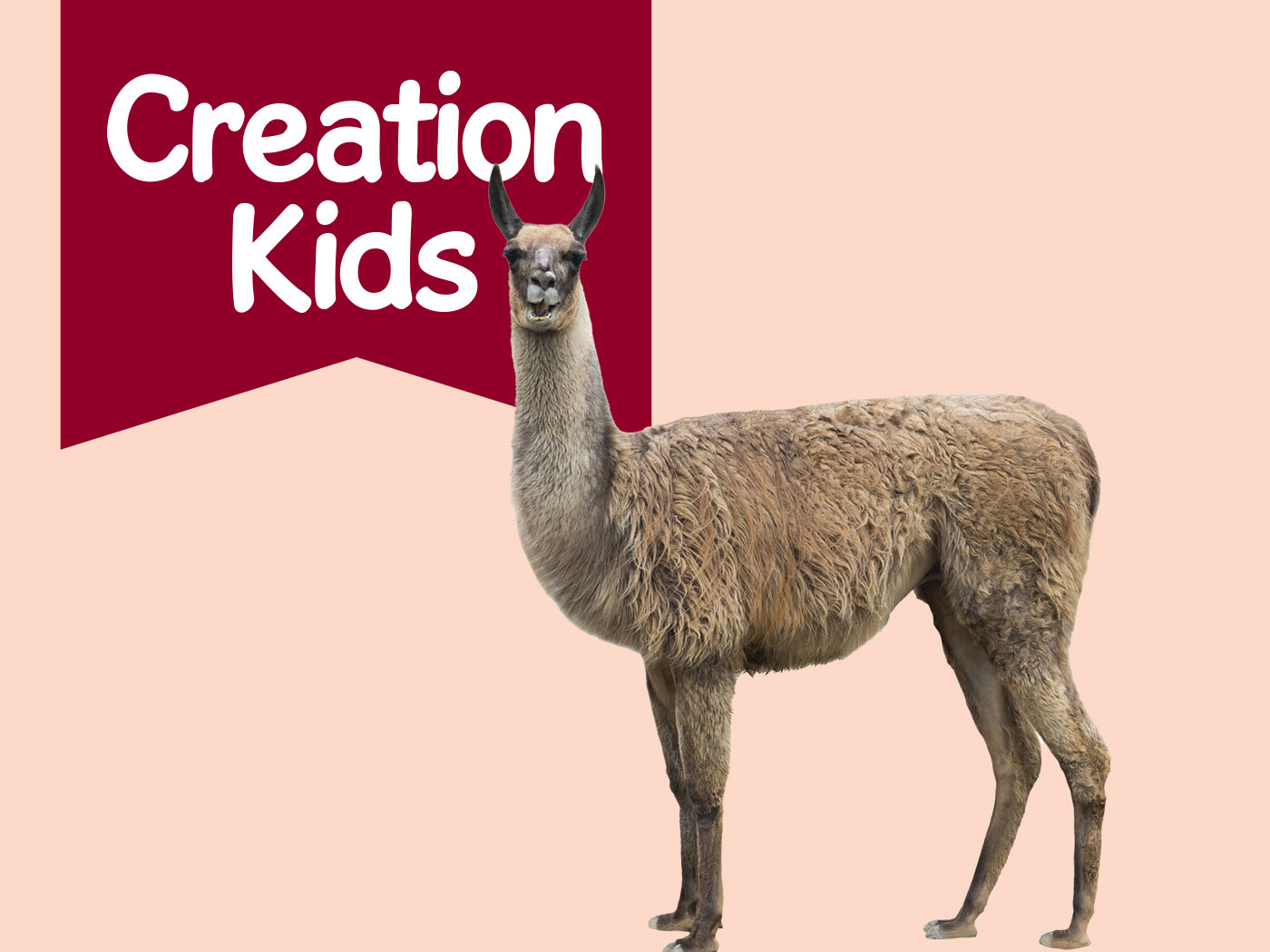If humans evolved through a piece-by-piece accretion of parts, then so did their ability to talk. Although talking seems simple, it actually depends on so many perfectly placed characteristics--both material and immaterial--that language must be a gift from God.
Charles Darwin proposed that human language evolved through nature selecting the best grunters from a crowd of ape-like ancestors. For support, Darwin cited people he had observed in Tierra del Fuego. He described the Fuegians as savages and "primitive beasts," whose Yahgan language had a mere 100 or so words and sounded like animal grunts and clicks.1
However, when 19th-century missionary Thomas Bridges reached out to Fuegians with the gospel, he recorded over 32,000 words and inflections in his Yahgan-English dictionary.2 Thus, Darwin was wrong about their language, and wrong about Fuegians being subhuman. Was his story of the evolution of language wrong, too?
One way to check this would be to list some of the features required for human language, then use either a mental or empirical experiment to see what kind of function the system would have if one or more of its parts had not yet been added by evolution.
First, a network of sensors and controls that deliver variable airflow is required for volume regulation, as well as a separate but integrated network to regulate pitch. In humans only, a hyoid bone, specially shaped cartilage parts, muscles, and connective tissues suspend vocal cords in the throat right where air can pass over them and where humidity can keep them supple.
Vocal cords come pre-tuned to resonate at biologically reasonable airflow rates. A central processing center is needed to tabulate sensory data, as well as issue speech-specific commands to many muscles, such as the diaphragm, throat, tongue, and lips.
However, these precisely engineered structures are worthless for communicating language if their possessor does not comprehend certain information, such as symbols. These symbols take the form of conventional sets of sounds and are understood as representing transferable ideas.
One must also know, at least implicitly, the overarching structure used to organize those symbols into coherent thoughts. This is called grammar and is part of the "software" needed to process the informational content of speech. Damage to Wernicke's area of the human brain causes patients to utter only unconnected, incoherent sounds, demonstrating that grammar software is critical to speech.3
If an animal were to somehow evolve all the necessary anatomy to articulate abstract concepts, and yet had no concepts to express, what then? Such a costly and complicated, yet useless, apparatus would surely be selected out of a population rather than preserved until symbols and grammar evolved.
The opposite also holds. Having thoughts without an apparatus to express them would result in a strange, mute world. Similarly, having just grammar--the use of which requires an innate logic--would be useless by itself.
In describing man's specialized language learning capacities, researchers John Oller and John Omdahl wrote: "The whole system must be in place before it can be employed to interpret experience."4 Thus, talking uses webs of under and overlying interdependent aspects. Removal of any of the many core material or immaterial features would sabotage language.
No wonder "the origin of human language…is a complete mystery to evolutionists."5 Fortunately, God has chosen to reveal Himself using language--complete with symbols, grammar, and thoughts. The wise listen to what He is saying both through their ability to speak, and through His spoken Word.
References
- Bridges, L. 1948. Uttermost Part of the Earth. London: Hodder & Stoughton, 33-36.
- Grigg, R. 2010. Darwin and the Fuegians. Creation. 32 (2): 42-45.
- Harrub, B, B. Thompson, and D. Miller. 2003. The origin of language and communication. Technical Journal (now Journal of Creation). 17 (3): 93-101.
- Oller, J. W. and J. L. Omdahl. 1994. Origin of the Human Language Capacity: In Whose Image? In Moreland, J. P., ed. The Creation Hypothesis. Downer's Grove, IL: University Press, 255.
- Morris, H. 2001. The Mystery of Human Language. Acts & Facts. 30 (3).
* Mr. Thomas is Science Writer at the Institute for Creation Research.
Cite this article: Thomas, B. 2010. Human Language: An All or Nothing Proposition. Acts & Facts. 39 (6): 18.



















